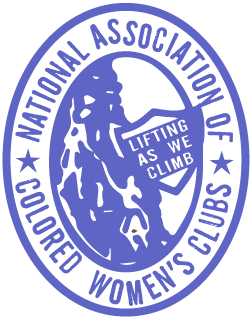Nettie Asberry
Influencer. Artist. Activist.
Nettie J. Asberry was a gifted musician, teacher, and civic leader whose life bridged artistry and activism. Born in 1865, she studied at the Kansas Conservatory of Music and Elocution and taught in the Black town of Nicodemus, Kansas, before settling in Tacoma’s Hilltop, where she and her husband turned their home into a welcoming hub for music lessons, youth clubs, and community life. An accomplished performer and educator, she combined cultural work with public speaking and organizing, mentoring generations while honoring Black history and creativity.
Her public leadership shaped the region’s civil rights landscape. Asberry founded the Tacoma chapter of the NAACP in 1913—recognized as the first west of the Mississippi—and was active in the Washington women’s suffrage victory of 1910. She traveled the state encouraging the formation of Black women’s clubs, later serving as president of the Washington State Federation of Colored Women’s Clubs (founded 1917). Her writings challenged racism and inspired protest, and her legacy endures in the ongoing restoration of the Nettie J. Asberry Home and in community initiatives that continue the work she began.
Helen B. Stafford
Leader. Activist. Organizer
Helen Stafford was a long-time community, civil rights advocate, and member of the Tacoma Colored Women’s Clubs in Tacoma.
When she first came to Tacoma, Helen’s life was already notable. By the time she passed in 2002, she deserved recognition as one of an inner pantheon of greats who forged a path for future generations.
The late 19th century was a different time. Helen Cecile Beck was born into a family of twelve, which would grow to thirteen. One of her parents was formerly enslaved. Growing up with that background, through World War I and the Great Depression, Helen earned her degree from Kansas State University in 1920.
Decades later, in 1987, Kansas State awarded her the Alumni Medallion for her work in humanitarian efforts and civil rights. It was quite a change from the 19-teens she described:
“Blacks weren’t accepted. We were just here, period. In classes or labs where we worked in pairs, if there was no other black girl, you worked alone. You were in complete isolation. Always alone.”



